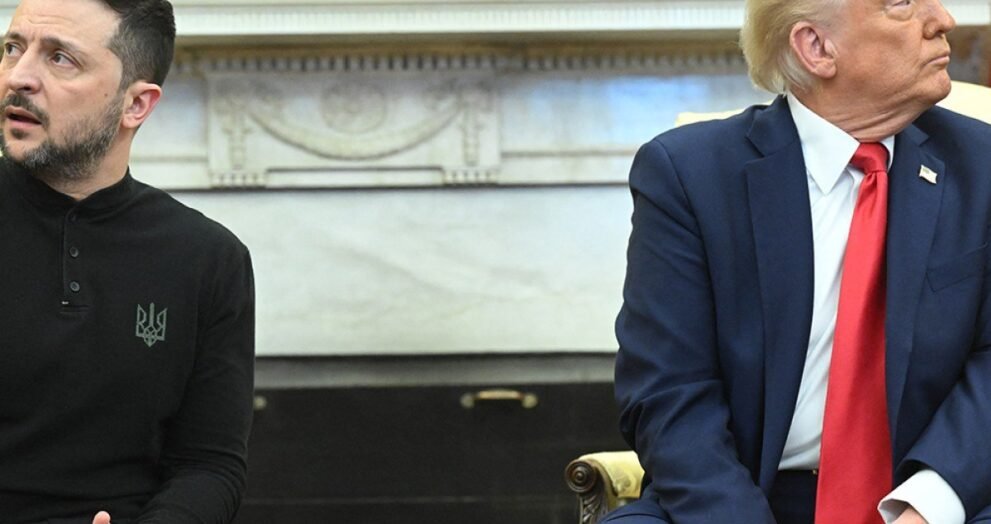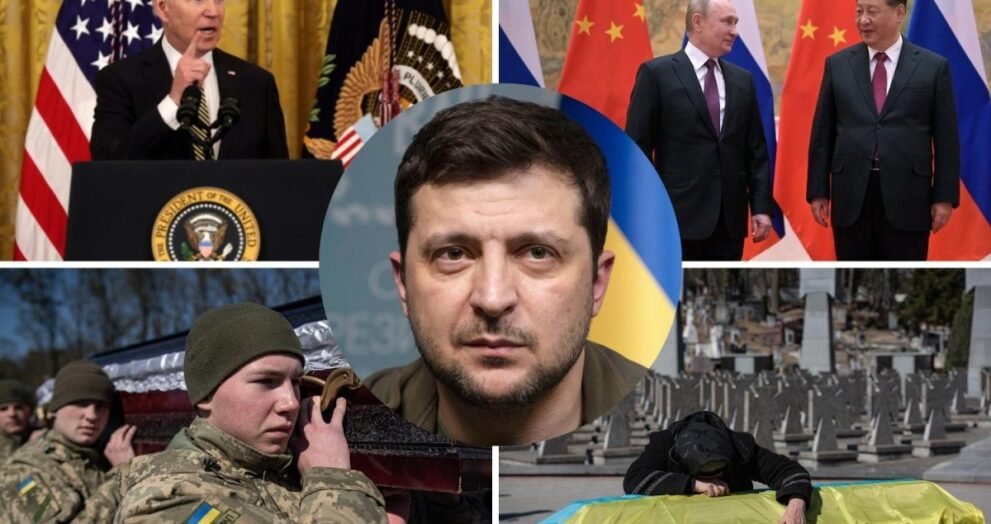EUROPE MOBILIZES FOR UKRAINE PEACE DEAL AS LEADERS REJECT LIFTING RUSSIA SANCTIONS
European leaders gathered in Paris for a summit of Kyiv’s allies, declaring unity and strength in support of Ukraine. British Prime Minister Keir Starmer stated that Europe is mobilizing on a scale “not seen for decades” to sustain a future peace deal. French President Emmanuel Macron announced plans for a “reassurance force” to be deployed to Ukraine once a ceasefire is secured. Ukrainian President Volodymyr Zelensky, dressed in military attire, urged the U.S. to take a stronger stance against Russia and respond to Moscow’s violations of agreements. He confirmed no plans to meet with former U.S. President Donald Trump as Ukrainian and American teams negotiate a deal on rare earth minerals. Zelensky expressed optimism after the summit, saying he felt “motivated” by the discussions. Leaders at the summit agreed that lifting sanctions on Russia now would be a mistake. The talks also addressed tensions over a proposed maritime truce in the Black Sea, with Moscow demanding Western restrictions on its food and fertilizer trade be lifted first—a condition Zelensky rejected as unrelated to the ceasefire agreement. Starmer accused Russia of manipulating peace talks, calling it “a classic from the Putin playbook.” The summit, attended by 30 nations, emphasized European solidarity, with Starmer stressing that while European commitment is strong, U.S. support remains crucial for a lasting ceasefire.








































































































































































































































































































































































































































































































































































































































































































































































































































































































































































































































































































































































































































































































































































































































































































































































































































































































































































































































































































































